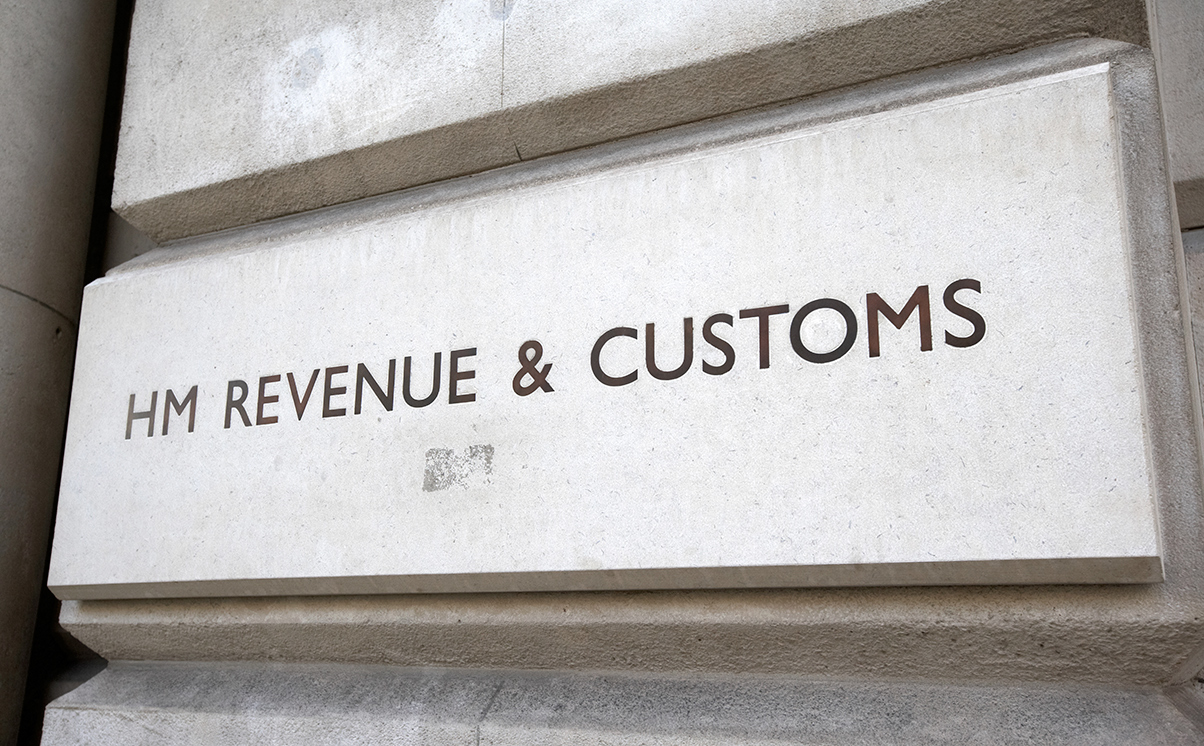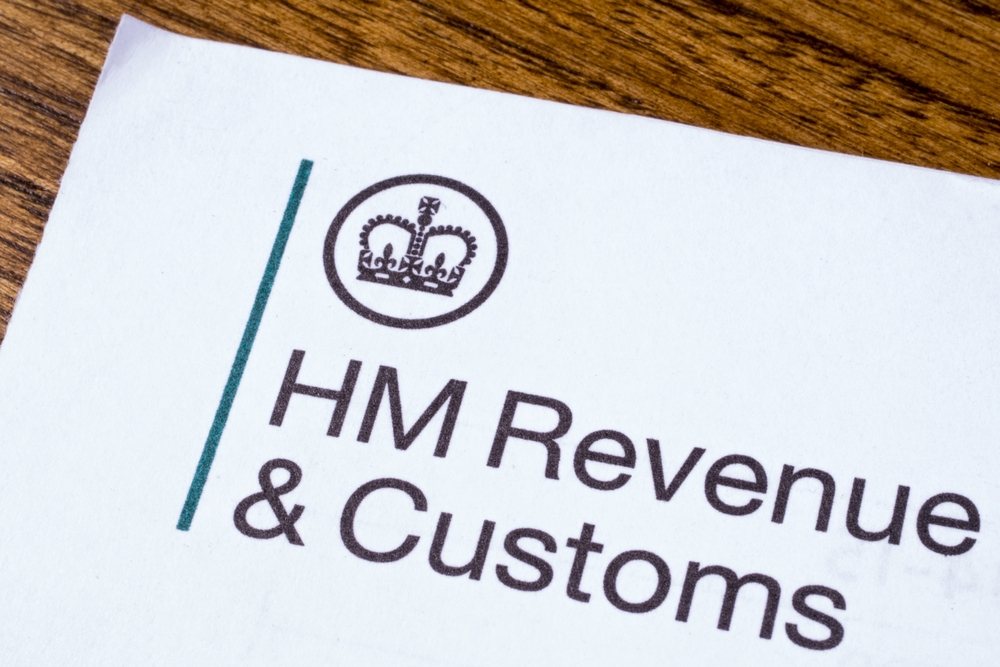On 20 March 2020 the government announced a package of grants to assist employers experiencing disruption and difficulty following the COVID-19 outbreak; the furlough scheme. HMRC was tasked with administering those grants given its access to employee and employer records. Tax Directors Sarah Stenton and Lisa Vanderheide look at some of the challenges that HMRC face with this task and what their actions may look like over the coming months.
Since the grants were introduced, however, it is clear that there has been exploitation of the rules and, as a result, the government are rushing through draft legislation (which is expected to be made law by the end of July 2020) to enable HMRC to investigate, and where necessary prosecute, cases of misuse.
HMRC has already made its first arrest in connection with an alleged £495,000 furlough fraud, sending a very clear message that fraud, of any variety, will not be tolerated.
Compliance
HMRC upgraded its IT systems ahead of lockdown, which means it has the necessary infrastructure in place to automatically detect irregularities and patterns connected with possible misuse. HMRC has already identified a number of potential lines of enquiries, via its software, and is primed to investigate those cases.
In addition to its own software detection capability, HMRC has received a number of calls from the public reporting either their own employer, or another employer, for furlough fraud; including a number of high profile companies. There were almost 2,000 such reports at the end of May which have not yet been made public. These transgressions involve employers over-claiming furlough payments, or cases where the grant funds have not been used for employee wages.
As at June 2020, the government is reported to have paid over £20bn in furlough payments to employers, so it is unsurprising that HMRC will be given the power to take appropriate action against cases of abuse.
Similar provisions will be introduced for self-employed individuals who may have claimed furlough grants but carried on working. It is reported that over £7bn has been paid through the self-employed income support scheme (SEISS) so HMRC is highly motivated to check the veracity of those claims and act against potential abuse.
The fallout
Being at the receiving end of a HMRC enquiry can be an expensive and unpleasant process. Tax enquiries, though complex, are at least familiar. However, enquiries looking at furlough claims is completely new territory and HMRC is likely to want to make examples of companies where misuse is proven in the most extreme cases.
At best, a business may have made a simple error as arguably implementation of the furlough scheme was new, at short notice and for many it was under very stressful circumstances. At worst, furlough grants may have been claimed fraudulently.
Self-employed individuals may also have put themselves in the firing line for further HMRC scrutiny if HMRC has reason to believe previous years’ Income Tax Returns were incorrect. Any tax enquiry may not only challenge last years Income Tax Return, but earlier years too, and we understand a high number of individuals complained to HMRC that their grants were too low because they had under-declared income in previous years.
The draft legislation allows employers a period of 30 days to disclose any furlough claim errors or deliberate transgressions and reimburse HMRC without fear of penalty or repercussion. For those cases where there is a failure to notify HMRC within the 30 day time limit, “failure to notify” penalties will be levied which could result in a 100% penalty for employers in the most serious of cases. Irrespective of the circumstances, all employers are urged to review their claims to identify any irregularities and to ensure they are disclosed to HMRC within the 30 day time limit.
No doubt in anticipation of some businesses not surviving the pandemic, HMRC will also have the power to pursue office holders – individuals including company directors, board members or trustees – if a business becomes insolvent. These individuals may become liable to not only repay over-claimed grants, but the appropriate penalty too.
HMRC investigations are confidential unless they pursue a criminal prosecution. HMRC has made clear that it will also be seeking to potentially prosecute the most egregious of cases and will undoubtedly be looking for high profile breaches. Such cases are likely to be publicised by HMRC and are bound to attract significant press attention, as seen in the recent arrest which is receiving significant press interest. The impact of such attention on businesses should not be underestimated.
Of course, we all hope that the relaxing of the current lockdown continues and businesses can start to get back to normal. Those that may have an issue with either their furlough claims or historic Income Tax Returns should consider making a disclosure to HMRC. Getting your business back on its feet will be all the harder if you are continually looking over your shoulder for HMRC to tap on it.
Covid-19 is impacting individuals and companies around the world in an unprecedented way. We have collected insights here to help you navigate the key legal issues you may be facing at this time.
You can find further information regarding our expertise, experience and team on our Tax Litigation and Investigations pages.
If you require assistance from our team, please contact us or request a call back from one of our lawyers by submitting this form.
Subscribe – In order to receive our news straight to your inbox, subscribe here. Our newsletters are sent no more than once a month.






